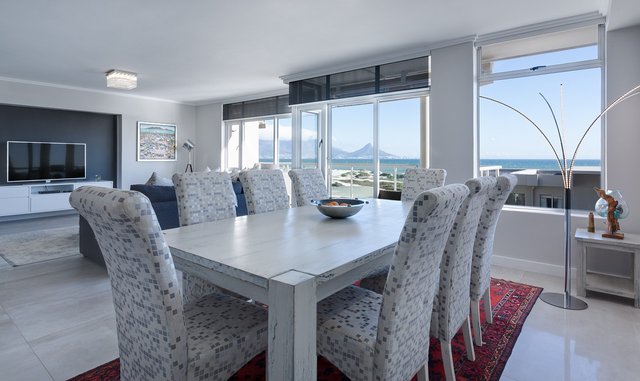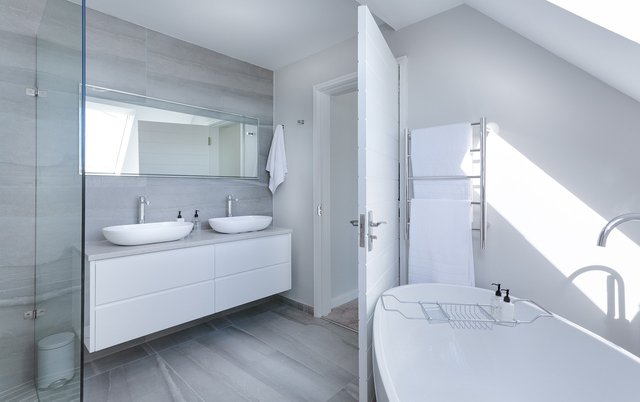The 10 Steps to Becoming Minimalist
I have been thinking about how minimalism has animated my life for 5 years now. So I thought about all the steps I've gone through so far, and I made a computer graphics. I've talked to some minimalists around me, and at a few steps, they've also been through the same thing. So I think to myself that maybe it's just the general path to become minimalist.

1 - A crowded life: home, office, schedule, relationships
I think most of us have experienced it: the feeling of smothering under objects, obligations, schedules, under housewarming. You have to repair one thing, fix another, put the kitchen away, call someone, iron the kid's clothes, find some paperwork in a pile, and so on. We ran after time, and naively thought that we were just not good at organizing, and that everything would be fixed, when we had developed a super system to manage our time, and live like a robot at the rhythm of the passing hours.
2 - A life-changing reading: discovery of a book, a blog
And then one day, we come across a book, a blog or a magazine article, which talks about minimalism as an art of living, simplicity as a way of functioning, slowdown in slow life, rather than running after a new organization that we don't even have the time to set up.

3 - An awareness of this consumerist society
What if instead of organizing, repairing, maintaining, tidying up... we simply eliminate? All the things we have in our homes need to be taken care of. When you buy an electric household gadget, it costs more than the money you spend on it in the store: it costs space at home, it costs the time it takes to maintain, clean, repair, it costs the waste it will generate to the planet when you get rid of it. So let's ask ourselves before we buy: is it really worth it? If a gadget offers us the possibility of peeling an apple faster than a normal knife, but it takes the place of a milk brick, that it can be unscrewed and that we must take the time to repair it, and that it is made of non-recyclable plastic and therefore a danger to the planet, the few seconds we gain by peeling our apple will be nothing compared to what we will lose by acquiring it. The old knife is by far the best way to peel an apple. In addition, it can also be used to cut vegetables, meat, and bread and even sometimes, serve as a screwdriver.
4 - Existential questions: what is my essential? And how to sort?
After this realization, we begin to reconsider all the objects we possess. Which ones are really useful and necessary? Which ones are the result of a compulsive purchase and end up in the back of the closet right after the purchase? Which are not really useful but essential to our well-being? And from these questions will emerge the list of our essentials. This list is totally subjective because each of us is unique. This list depends on our activities, our occupation, our family situation, and our environment.
5 - Start of the change: DE cluttering` of the house
And then we start sorting out our stuff. Think about the usefulness of each object you own. See if he's duplicating someone else, And if the other one isn't finally more practical. This is the stage where we wonder how we managed to collect so many objects in a few years, to find objects that we had completely forgotten. This stage can last for months or even years. Because even after sorting, it happens that we still sometimes realize the uselessness of certain objects that we had kept.
6 - Perpetual fight against old consumption habits
Raising awareness is not just about uncluttering the house. Because if it is crowded, there is a reason: we are used to filling it. How? By buying useless things on the sole pretext that they are cheap, for example. These same things will take up space at home, and become the pile of clutter that will have to be put away sooner or later, because they don't really have room.
7 - Implementation of methods to avoid resetting
Once habits have been identified and remedied, progress is made by cutting the sources of congestion at the source. Subscriptions that send us books that we don't read, catalogues or mailings from stores, free goodies...
8 - Decluttering all other areas of life until the real essentials are reached
And there comes the day when we see the advantage of a minimalist house, and we will want to do the same in all of them.
Great advice! Less is more!